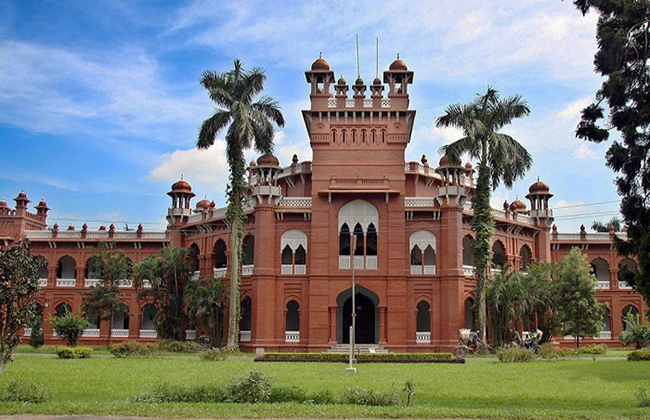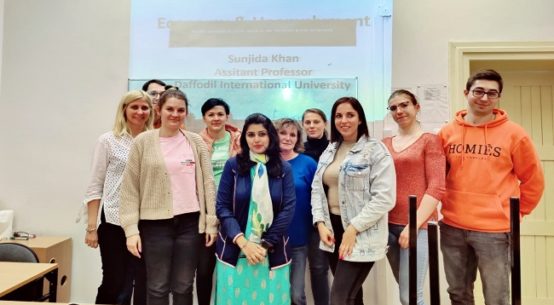
The higher education institutions have been closed for a long year and a half in the country. This is harming the academic life of students as they are spending uncertain times. It is important to bring these students back to campuses quickly, realising the importance of the existing context. But it is also important to ensure that their return to campuses is healthy and safe. To this end, it is important, besides ensuring immunisation of students, to make necessary preparations including regular disinfection of halls, dining rooms, classrooms and other areas of the university.
Although students of all levels have suffered due to the closure of educational institutions, those of the final year of undergraduate (honours) and postgraduate classes have suffered the most. Because, in the meantime, they could have passed the exam and entered the career. Our policymakers have shown indifference to this critical issue. The government has decided to open schools and colleges as the infection rate has come down to 10 per cent at present. But before that, when the infection rate dropped to 5 per cent, the government did not think of opening educational institutions. Moreover, when the Ministry of Education had earlier announced an outline for the opening of educational institutions, the issue of opening universities had not been given priority. In the country, when workers from different sectors were vaccinated on a priority basis, teachers and university employees were kept out of the coverage.
Before the outbreak of Covid-19 in Bangladesh, we saw that even if our students passed the universities, there were few employment opportunities for them. Unemployment is gradually increasing. The global labour market is changing due to the pandemic. We need to turn our students into skilled human resources and make them globally competitive. In addition to opening higher education institutions, our policymakers must also move forward keeping in mind the reality of global competition. We need to redesign many things, taking into account the realities created by the Covid crisis. Education cannot be left out here either.
The number of students studying in public universities in the country is more than 31 lakh while there are about three and a half lakh students in private universities. Arrangements could be made on the university campus to bring all of them under vaccination quickly. Although difficult, it is true that the health system of our country does not match the reality of Japan and Singapore. Although universities have a medical centre, their infrastructural capacity is low. In this case, the Ministry of Education, the university administrations and the University Grants Commission will have to make an effort. It is important for each university to prepare a recovery plan according to its own capabilities and realities to overcome the damage already done to the students’ education by the Covid pandemic. Experts say education will be the main driving force of the recovery actions, around the world, during the post-Covid period. Then comes the issue of skill development. Shutdown of classes and closure of the campuses month after month, we have left a lot of our students already behind. Therefore, we want the authorities concerned to normalise the academic life of students as soon as possible by opening higher education institutions. Regular physical classes have started in different countries of the world. Singapore has vaccinated two out of three of its university students. Booths have been set up on university campuses to speed up the vaccine programme in Japan. We too can move forward in the same way.


